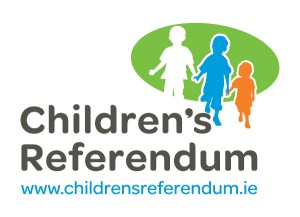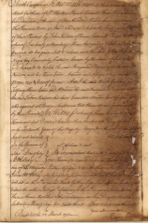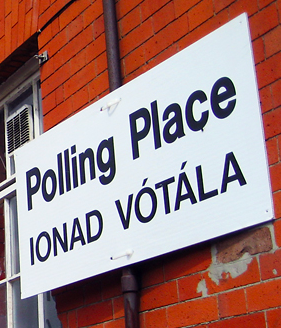Some reflections on @RuadhanIT’s excellent @IrishTimes series on the Irish Supreme Court
 In Brown v Allen 344 US 443, 540 (1953), Robert H Jackson, Chief Prosecutor at Nuremburg and Associate Justice of the Supreme Court of the United States said of that Court:
In Brown v Allen 344 US 443, 540 (1953), Robert H Jackson, Chief Prosecutor at Nuremburg and Associate Justice of the Supreme Court of the United States said of that Court:
We are not final because we are infallible, but we are infallible only because we are final.
Supreme Courts’ quality of finality, on matters of the gravest import, fascinates observers; and, giving us a chance to go behind that finality closer to home, Ruadhán Mac Cormaic (@RuadhanIT) has an excellent series of articles on the Irish Supreme Court in the Irish Times. Here (with some added links and a few comments) is a flavour of his coverage over the last few days.
Inside Ireland’s Supreme Court: “… Nearly all judges resist labels such as liberal or conservative, pro-State or pro-plaintiff and dismiss attempts to extrapolate from their background a predisposition to decide a case a certain way. …”. Nevertheless, it is a persistent trope amongst watchers of the US Supreme Court (and of the UK courts, though perhaps less so), and it is likely to become so for the Irish Supreme Court as well, if the planned Court of Appeal allows the Supreme Court to become more of a constitutional court in the mo(u)ld of its US counterpart.…

 Regular readers of this blog will be familiar with my series of five posts so far (
Regular readers of this blog will be familiar with my series of five posts so far (



